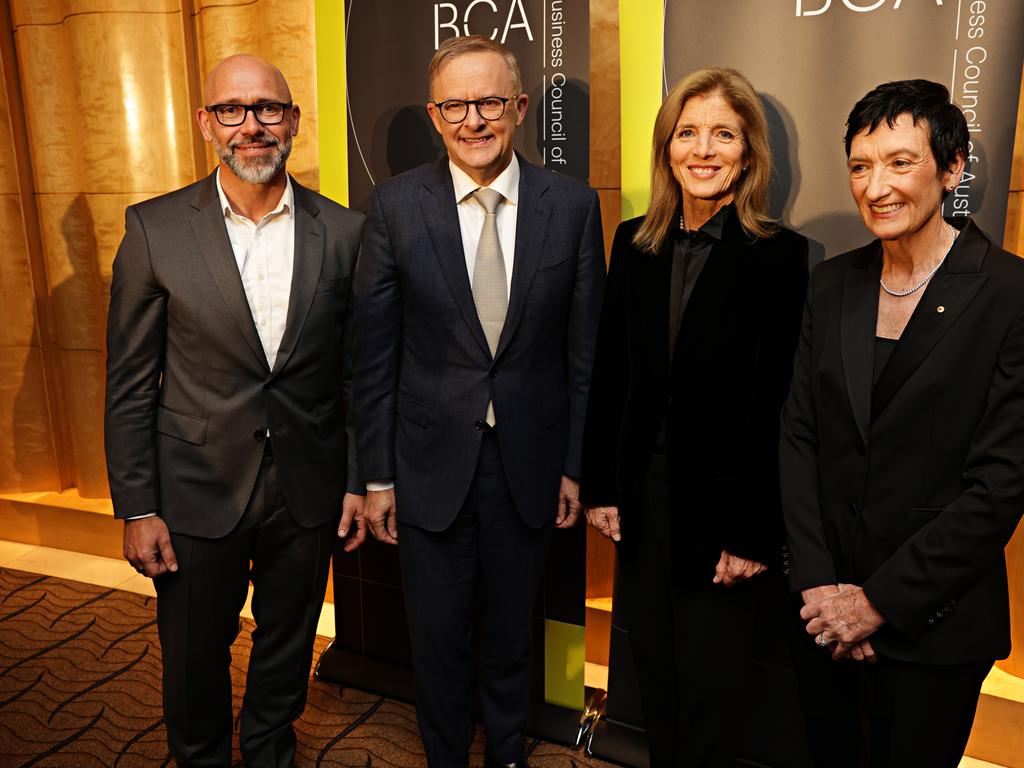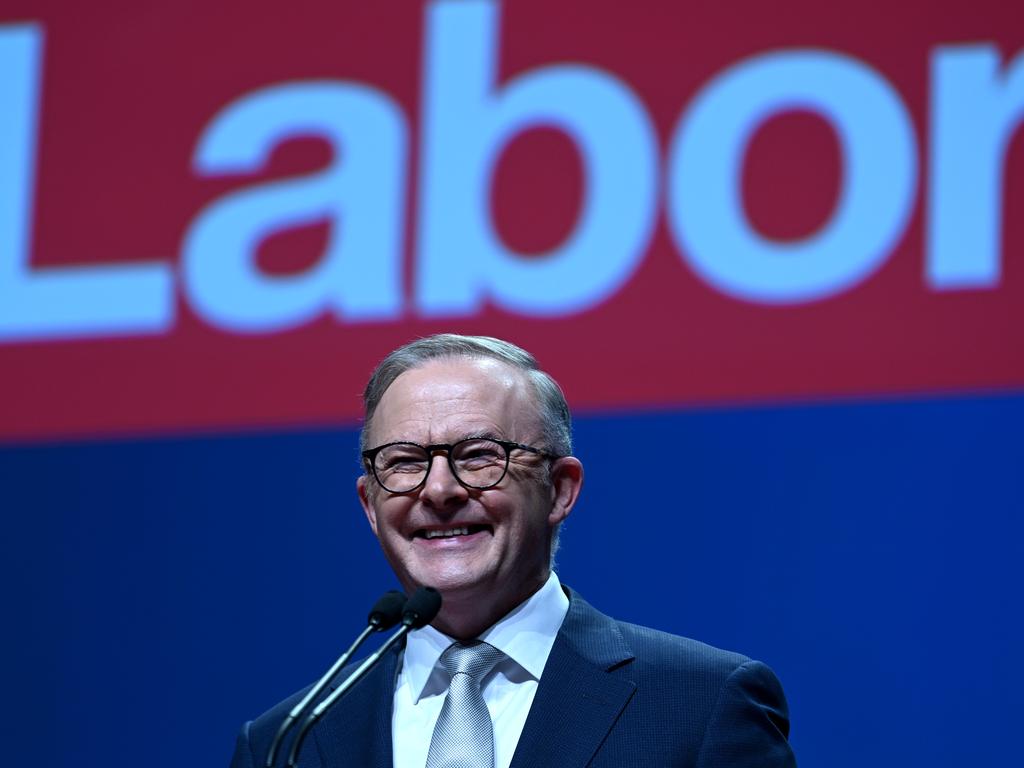BCA calls for detailed 10-year national net-zero road map
The peak business lobby slams governments for damaging energy interventions, as it warns Australia must develop a fresh plan to hit ambitious green targets.

Federal and state governments have been slammed by the peak business lobby for a string of damaging energy interventions, as it warns Australia must develop a fresh plan to hit ambitious green targets this decade and set pollution cuts by 2035.
By 2025 Australia is required to set out its emission-reduction targets for the period from 2031-2035, but big business and investors are already concerned near-term pollution goals and ambitious renewable deadlines will prove difficult to achieve, given lagging progress.
The Business Council of Australia said more gas plants and investment were critical to driving net-zero goals and criticised governments for “ad hoc” energy policy interventions that were hurting investment.
The BCA has called for the federal, state and territory governments to commit to a detailed 10-year national net-zero road map based on a whole-of-system approach to decarbonising the economy to 2050.
“Targets that fail to transition the economy quickly enough mean Australia will lag behind on its decarbonisation journey and risk investment going elsewhere,” the BCA report said.
“Targets that push too hard impose unnecessary costs on the economy and risk losing community support for the transition.

Australia is in increasing need of investment in its energy sector as it struggles to build enough renewable energy generation sources to replace coal generators leaving the system.
At the same time, a growing number of corporates are having to water down emission pledges as a result.
Boral became the second big polluter in recent weeks to pull back on near-term targets to slash emissions after a string of regulatory delays and problems in getting greening projects in place has forced the quarries, concrete and asphalt major to water down expectations for carbon reduction efforts.
Rio Tinto also recently waved the white flag and acknowledged it was unlikely to hit its own 2025 targets without the use of carbon credits given the lack of progress around green power for its energy-hungry aluminium smelters in NSW and Queensland
Australia has set ambitious climate targets of reducing carbon emissions by 43 per cent by 2030, with the rapid reshaping of the country’s electricity sector a key driver of Labor’s plan.
Labor earlier this year legislated a target of having renewable energy generate more than 80 per cent of the country’s energy needs by the end of the decade.
To achieve the target, however, states have plotted different paths, with Victoria pushing hard for a smaller role for gas, while Western Australia has placed the fossil fuel at the heart of its plans to supplement renewable energy.

The BCA said this scattergun approach dented private capital appetite, which was badly needed. The BCA cited the Net Zero Australia study that estimates a cumulative capital investment of $7 trillion to $9 trillion could be required to move the economy to net zero.
To lure capital, the BCA said Australia should instead harmonise energy policy that places reducing emissions at the centre and is agnostic of the technologies used to achieve those aims.
A harmonised policy would set in place the right investment incentives to achieve Australia’s 2030 emission reduction target, set what the BCA described as ambitious but pragmatic emission-reduction targets beyond 2030 and put in place transition stabilisers to 2050.
Australia must double its grid-scale renewables build rate and maintain the rooftop solar installation rate every year until 2033 to deliver a nine-fold increase in grid scale renewables and a five-fold boost in rooftop solar capacity by 2030, the country’s energy market operator estimates.
Pockets of locals continue to oppose new high-voltage transmission lines, which is stopping many solar or wind developers from progressing.








To join the conversation, please log in. Don't have an account? Register
Join the conversation, you are commenting as Logout